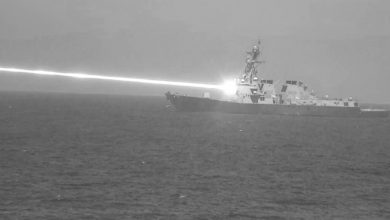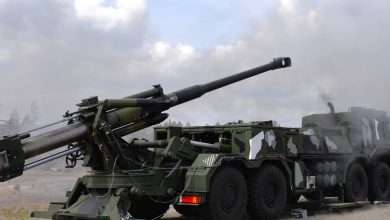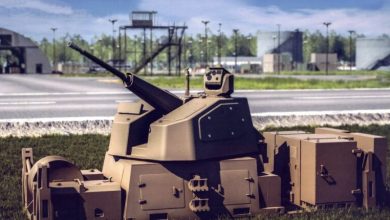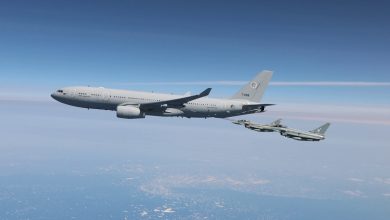Report: US Army Downsizing Black Hawk Helicopter Fleet
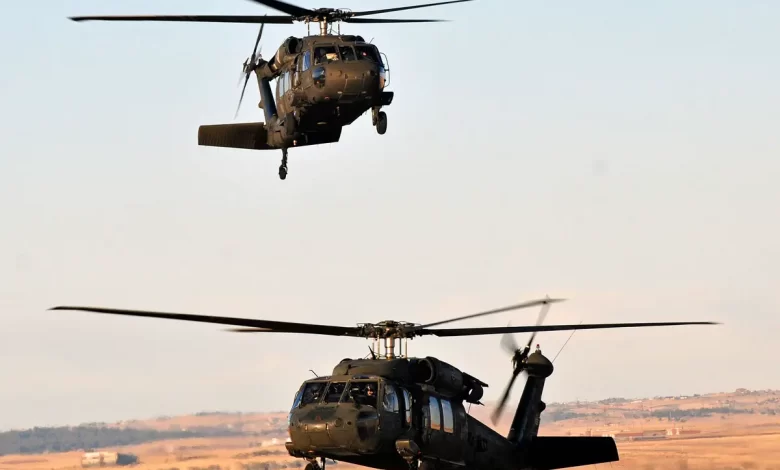
The US Army will begin downsizing its fleet of UH-60 Black Hawk helicopters as it prepares for the arrival of the Future Long-Range Assault Aircraft (FLRAA).
In an interview with Defense News, the service’s Aviation Center of Excellence commanding general Michael McCurry said nearly eight percent, or 157 Black Hawks, will be decommissioned to make room for fleet replacements.
From 2,135 currently in service, the fleet will be reduced to 1,978 UH-60s to take on various missions.
With a smaller force, McCurry explained that the fleet will have lower operational and maintenance costs.
“It’s really about balancing the current readiness with the procurement and fielding in the future,” he told the outlet. “As we looked at our utility fleet specifically, we had grown that fleet since early in the 2000s by over 300 aircraft.”
McCurry clarified that only the oldest Black Hawks, or those the army calls “operational readiness floats,” will be removed to reduce overall fleet age.
All helicopters to be decommissioned will be sold to foreign partners and are expected to fetch roughly $2 million each.
Previous Turbulence
In service with the US Army since 1979, the UH-60 Black Hawk has experienced various malfunctions that have cost soldiers’ lives.
Earlier this year, nine American soldiers died when two medical evacuation variants of the Sikorsky-made helicopter crashed during a nighttime training mission in Kentucky.
According to a witness, the two helicopters just disappeared out of the sky then “a large flash” occurred, suggesting an explosion. It was not clear in the initial reports if the two choppers collided.
In 2020, Taiwan’s military chief and seven others were killed after a UH-60M helicopter crash landed in the mountains near Taipei.
With the cause of the crash unknown, investigators looked for environmental or mechanical factors for the fatal incident.
Replacement
In December 2022, Bell Textron announced that it had won the US Army’s FLRAA competition with its proposed V-280 Valor tiltrotor.
It bested American aviation giants Sikorsky and Boeing for the $1.3 billion production contract.
Bell’s pitch was described as a long-range chopper with twice the speed and range of existing military helicopters.
Sikorsky and Boeing challenged the decision, but their protest was rejected, saying their proposal “failed to provide the level of architectural detail required by the request for proposal.”


